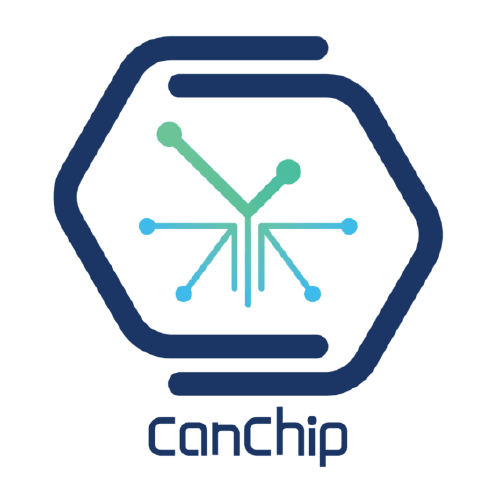Welcome to the SDG Awards, a distinguished recognition program honoring the remarkable contributions of individuals, organizations, and initiatives in championing the United Nations’ 17 Sustainable Development Goals (SDGs).

CanChip's tumor-on-a-chip technology accelerates drug discovery and personalized cancer treatments, improving healthcare outcomes.